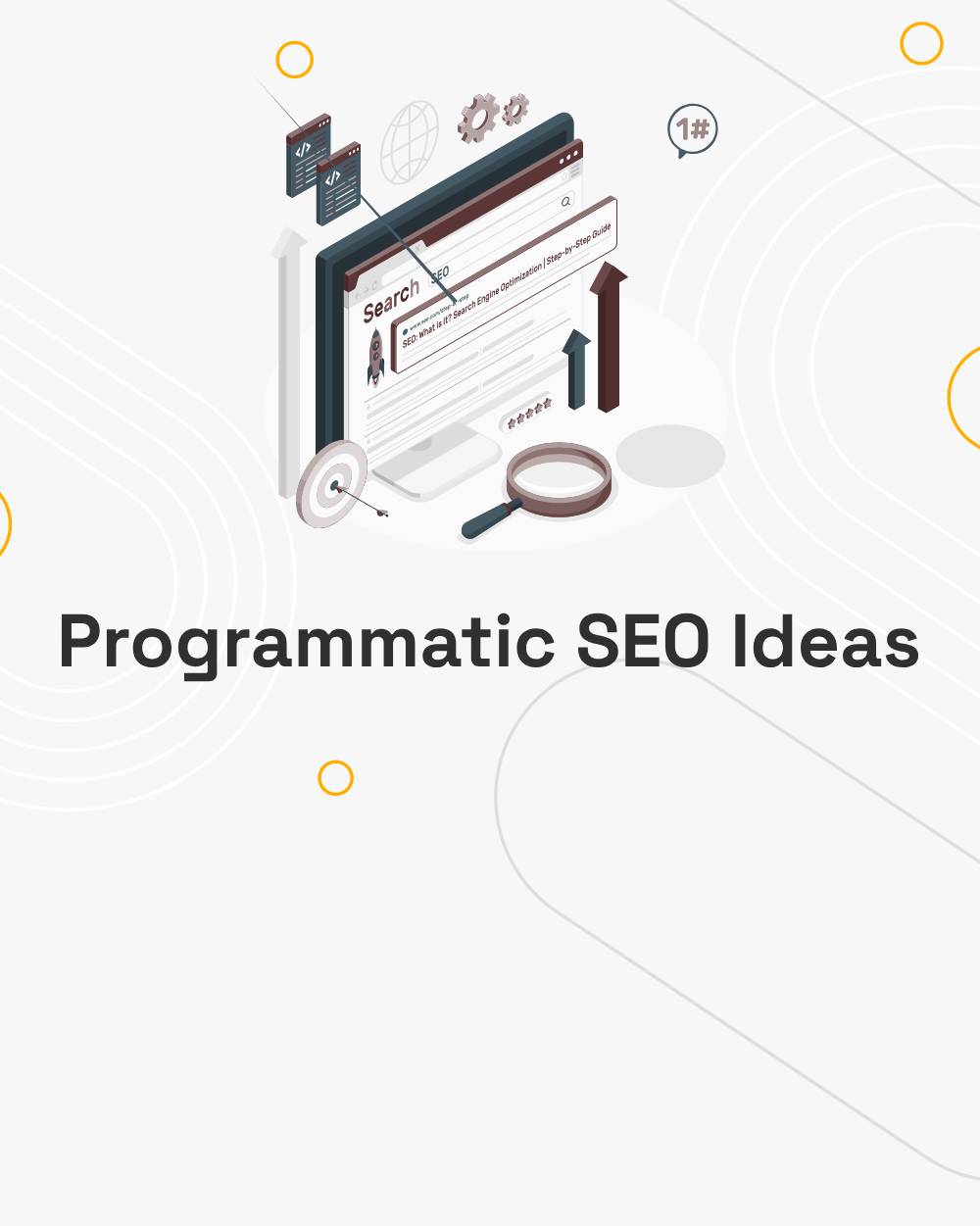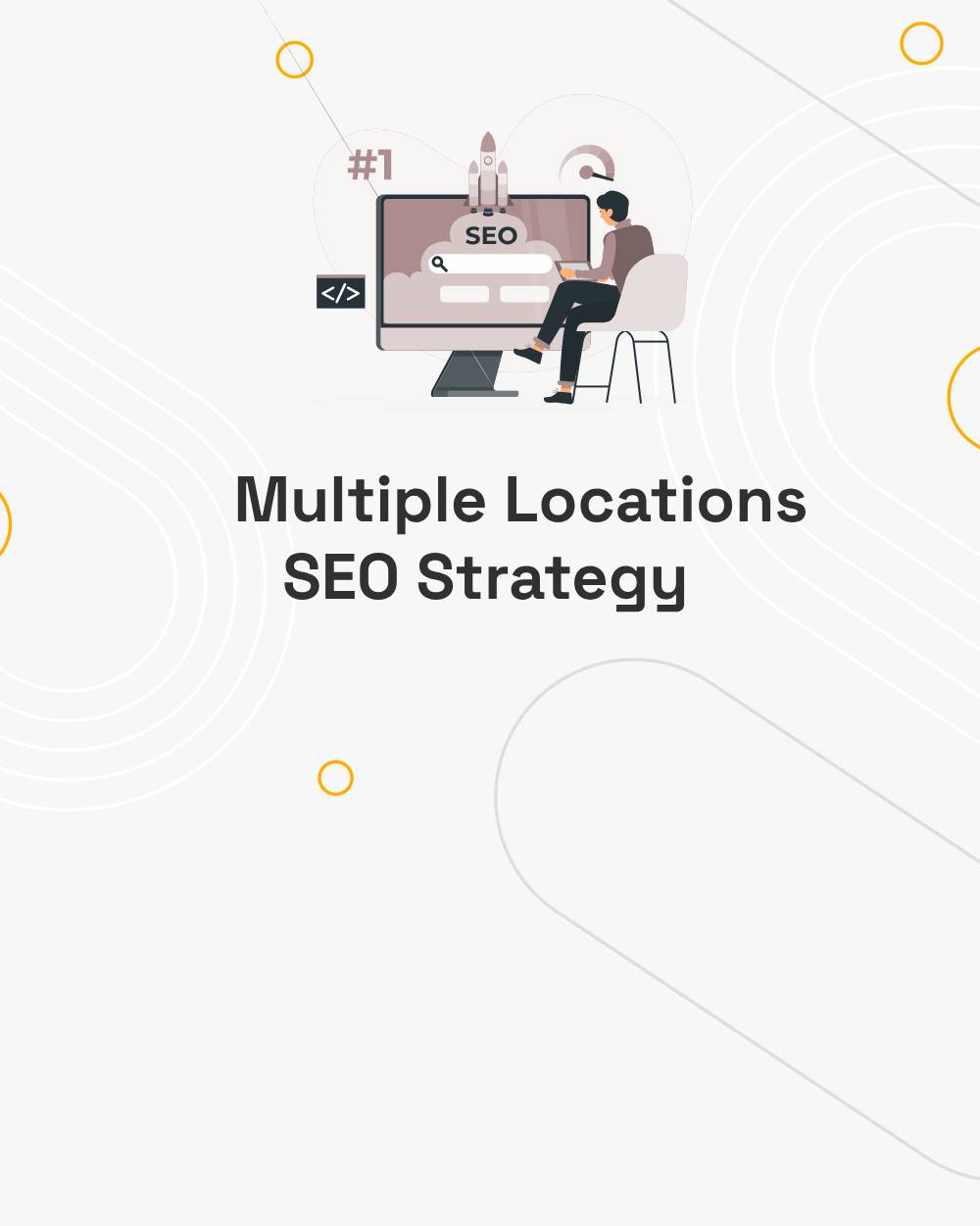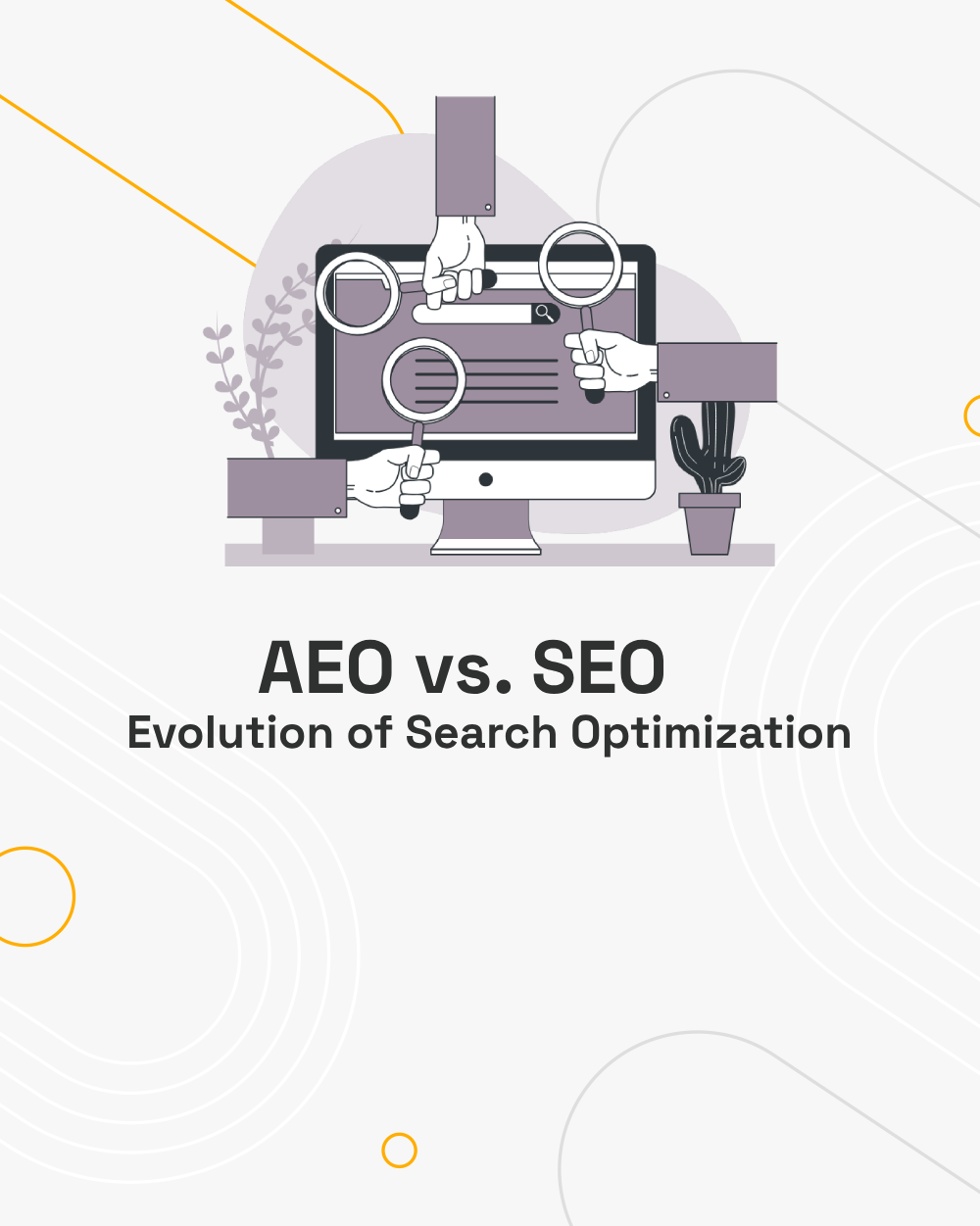Programmatic SEO in WordPress | How to Implement
- Kaisar Hamid
- 0 Comments
Programmatic SEO has revolutionized the way websites attract traffic, especially for those with extensive content needs. For WordPress users, integrating programmatic SEO strategies can maximize organic search visibility and significantly scale web presence. This guide explores how to implement programmatic SEO effectively within WordPress.
What is Programmatic SEO?
Programmatic SEO involves the creation of hundreds or even thousands of web pages tailored to target specific search queries using automation, structured data, and templates. This approach works exceptionally well for websites in e-commerce, travel, real estate, and directories, where vast numbers of pages must cater to different keywords, locations, or categories.
In WordPress, programmatic SEO leverages plugins, themes, APIs, and custom coding to generate and optimize these pages efficiently.
Why Use Programmatic SEO in WordPress?
Here are several reasons why using programmatic SEO in WordPress is beneficial:
- Scalability: WordPress websites, especially large ones with hundreds or thousands of pages, can benefit from programmatic SEO by automating repetitive tasks like adding meta tags, generating sitemaps, or structuring content for SEO. This allows you to scale SEO efforts without having to manually optimize each page, saving time and resources.
- Efficiency: With programmatic SEO, you can automate keyword research, content recommendations, and the optimization of on-page SEO elements. WordPress plugins and tools like RankMath, Yoast, or custom scripts can help streamline these processes. This leads to faster optimization and allows you to focus on higher-level SEO strategies, like link building and content creation.
- Data-Driven Optimization: Programmatic SEO relies on data, such as search trends, keyword rankings, and user behavior. By using analytics tools integrated with WordPress, you can access detailed insights that can guide content creation and optimization. This allows for more informed decisions, improving the chances of ranking higher in search results.
- Dynamic Content Optimization: WordPress websites often include dynamic content, such as product pages or blog posts. Programmatic SEO helps automate the optimization of these pages by dynamically generating titles, descriptions, and structured data. This ensures that every new page or post is optimized for SEO automatically without manual intervention.
- Improved User Experience (UX): Programmatic SEO can help improve UX by automatically adjusting content to match user intent and search engine algorithms. For example, programmatic solutions can optimize website navigation, internal linking, and content structure, making it easier for both users and search engines to navigate the site.
- Time-Saving Automation: By automating SEO tasks like generating SEO-friendly URLs, adding schema markup, creating meta tags, and managing redirects, you free up time for other important activities. This automation reduces the chances of human error and ensures that SEO processes are consistently followed across the site.
- Enhanced SEO Performance: With the ability to monitor SEO performance in real-time, programmatic SEO allows for quick adjustments based on ranking fluctuations, search trends, and user interactions. This ensures continuous optimization, leading to better rankings and long-term SEO success.
- Integration with Third-Party Tools: WordPress has a wide range of SEO plugins and integrations with third-party tools, such as Google Analytics, Google Search Console, and Ahrefs. Programmatic SEO can leverage these tools to automate SEO audits, keyword tracking, backlink analysis, and competitor research, providing you with a comprehensive approach to SEO optimization.
Steps to Implement Programmatic SEO in WordPress
1. Keyword Research and Clustering
Before creating programmatic pages, conduct thorough keyword research to identify high-volume, low-competition keywords. Tools like Google Keyword Planner, Ahrefs, and SEMrush can help:
- Group keywords by theme, intent, or location.
- Identify “long-tail” keywords for targeted pages.
- Map keywords to potential programmatic pages.
2. Organize Your Data
Structured data is essential for programmatic SEO. Create a database or spreadsheet with all the information needed for your pages, such as:
- Product details
- Service descriptions
- Location-specific data
- Metadata like titles, descriptions, and alt text
3. Select a WordPress Plugin or Framework
Leverage WordPress tools to automate page creation. Popular options include:
- Advanced Custom Fields (ACF): Add and manage custom fields for templates.
- Custom Post Type UI: Create and manage custom post types.
- WP All Import: Import data from CSV files or APIs to create posts/pages.
- Elementor Pro or Divi: Use templates to design dynamic pages.
4. Design Page Templates
Design page templates that are dynamic and SEO-friendly:
- Headers: Include H1, H2, and H3 tags with keyword-rich titles.
- Content Blocks: Use placeholders for dynamic data.
- Internal Links: Automatically link to related pages.
- Calls-to-Action (CTAs): Include relevant CTAs to improve engagement.
You can use page builders like Elementor, Gutenberg, or custom PHP templates for flexibility.
5. Dynamic Content Population
Populate templates with data dynamically. This can be achieved through:
- Custom Fields: Use ACF to insert dynamic content into templates.
- Shortcodes: Create reusable code snippets for common elements.
- APIs: Pull data from external sources for real-time updates.
6. Optimize for SEO
Use plugins and best practices to optimize each page:
- Yoast SEO or Rank Math: Generate meta tags, sitemaps, and canonical URLs.
- Schema Markup: Use structured data (e.g., JSON-LD) to enhance SERP visibility.
- Image Optimization: Compress images and use descriptive alt text.
- Mobile Responsiveness: Ensure templates are responsive across devices.
7. Generate and Publish Pages
Once your data, templates, and SEO settings are ready:
- Bulk-generate pages using WP All Import or similar tools.
- Review a sample of pages for quality assurance.
- Publish the pages and monitor performance.
8. Monitor and Refine
After implementation, track the performance of your programmatic SEO efforts:
- Google Search Console: Monitor indexation, clicks, and impressions.
- Google Analytics: Analyze user behavior and engagement.
- Performance Optimization: Address issues like page speed or duplicate content.
Regularly update data and templates to keep your pages relevant and accurate.
Best Practices for Programmatic SEO in WordPress
Programmatic SEO involves creating multiple pages dynamically to target specific search queries. When implemented effectively, it can drive significant organic traffic to your WordPress site. Here are some best practices to ensure success:
1. Prioritize Quality
Search engines reward content that adds value to users. Avoid creating “thin content” pages that lack substance or relevance. Ensure that each dynamically generated page provides meaningful information, such as well-researched data, user-centric details, or unique insights.
2. Avoid Duplicate Content
Duplicate content can confuse search engines and dilute ranking potential. Use canonical tags to point search engines to the preferred version of a page. Additionally, include unique metadata, headings, and descriptions to make each page distinct.
3. Leverage Internal Linking
An interconnected site structure helps users navigate your content and boosts SEO. Use programmatically generated internal links to direct traffic between related pages. Plugins like Yoast SEO or Rank Math can assist in optimizing your internal linking strategy.
4. Test and Iterate
Programmatic SEO is not a one-time setup. Use analytics tools such as Google Analytics or Search Console to monitor page performance. Refine templates, adjust keywords, and tweak page elements based on what performs best.
5. Stay Compliant
Follow Google’s guidelines to maintain a strong SEO foundation. Avoid low-quality pages stuffed with keywords or auto-generated content with little value. Staying compliant ensures your site avoids penalties and maintains long-term growth.
By focusing on these practices, you can harness programmatic SEO in WordPress to scale your content strategy, improve visibility, and drive sustainable traffic to your site.
Challenges and How to Overcome Them
Challenge: Managing Server Performance
High traffic or inefficient server management can lead to slow website performance, resulting in poor user experience and lost opportunities.
Solution:
- Use a reliable hosting provider that offers robust server infrastructure and scalable solutions.
- Implement caching mechanisms, such as WP Super Cache or similar tools, to reduce server load and improve page load times.
Challenge: Ensuring Quality Across Pages
Maintaining consistency and quality on a large website can be a daunting task, as even small errors can negatively impact user experience and brand reputation.
Solution:
- Automate quality checks using tools that scan for broken links, missing metadata, or other common issues.
- Manually review key pages that are critical for user engagement and business goals to ensure they meet quality standards.
Challenge: Indexing Large Volumes of Pages
Ensuring that all pages on a large website are indexed correctly by search engines can be a complex task. Pages not indexed will not appear in search results, impacting visibility and traffic.
Solution:
- Create XML sitemaps to provide search engines with a clear structure of your website.
- Submit these sitemaps to Google Search Console and other search engine tools to help crawlers efficiently index your pages.
By proactively addressing these challenges with the right solutions, you can improve your website’s performance, maintain quality, and enhance its visibility on search engines.
Conclusion
Programmatic SEO is a powerful strategy to scale content and drive organic traffic, and WordPress offers the perfect platform to implement it. By combining tools, templates, and data, WordPress users can create dynamic, SEO-optimized pages that cater to diverse audience needs. With careful planning, execution, and monitoring, programmatic SEO in WordPress can unlock substantial growth opportunities.




